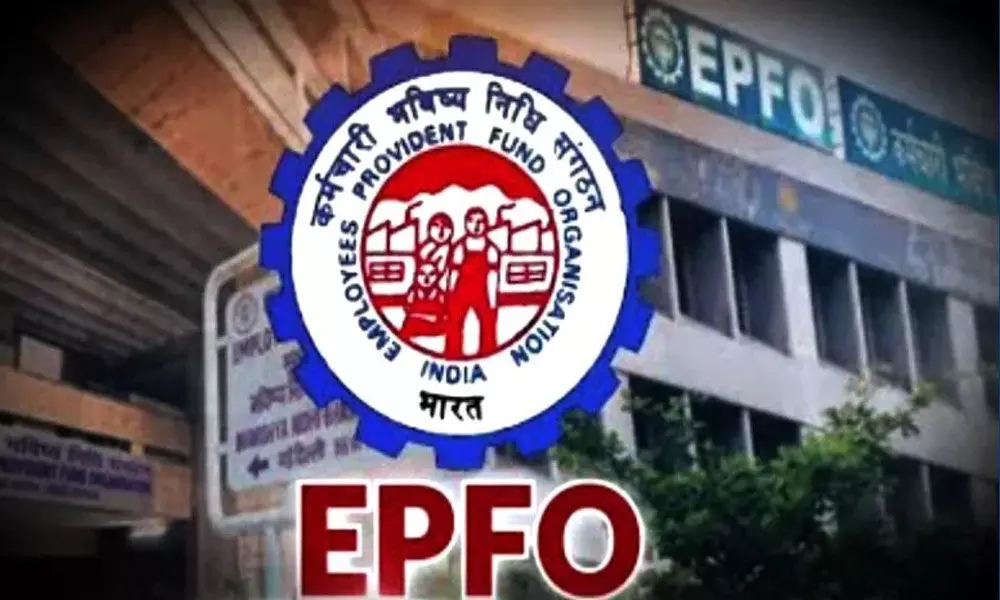Retirement fund manager EPFO to declare FY22 interest rate in March second week
Employees Provident Fund Organisation (EPFO) will decide on the EPF interest rate for 2021-22 financial year in March second week.
image for illustrative purpose

Employees Provident Fund Organisation (EPFO) will decide on the EPF interest rate for 2021-22 financial year in March second week.
EPFO's apex decision making body -- central board of trustees led by the union labour and employment minister -- will meet in the second week of March – after the state assembly election results are declared – in Guwahati to take a call on the Fy22 interest rate. The central board is likely to explore expanding the investment basket in new products as well.
The EPFO paid 8.5 percent interest rate to millions of its subscribers in 2020-21. Its EPF rate was 8.5 percent in 2019-20, 8.65 percent in 2018-19 and 8.55 percent in 2017-18.
Asked about the income projection, the CBT member cited above said like last fiscal, the income will come from both debt investments and liquidation of a portion of the equity investments in Exchange Traded Funds (ETFs).
The EPFO invests 85 percent of its annual accruals in debt and 15 percent in equities. In debt, a majority – between a minimum of 45 percent and up to 65 percent are invested in government securities and related investments. November sees 8.28 lakh additions to formal work, beats October score: EPFO Payroll
In equities, currently, the investment is focused on ETFs mimicking the Nifty 50 and Sensex 30 indices and ETFs that aid the government's disinvestment plan through two fund managers --SBI Funds Management Ltd and UTI Asset Management Company.
The EPFO currently has about 60 million active subscribers and manages funds in excess of Rs.15 lakh crore. EPFO gets an annual deposit of over 1.8 lakh crore.
The CBT is the apex decision-making body of the EPFO, chaired by the Union labour minister. The Union labour secretary is the vice-chairman and the Central Provident Fund Commissioner is the member-secretary. It's a tripartite body comprising members of the government, employers' representatives and employees' representatives in the board.
Decisions are taken by the CBT after financial proposals are vetted by its investment committee supported by fund managers and auditors. Once the CBT recommends the interest rate, as a matter of protocol, it needs to be ratified by the finance ministry before the pay-out gets credited to the members' accounts.

